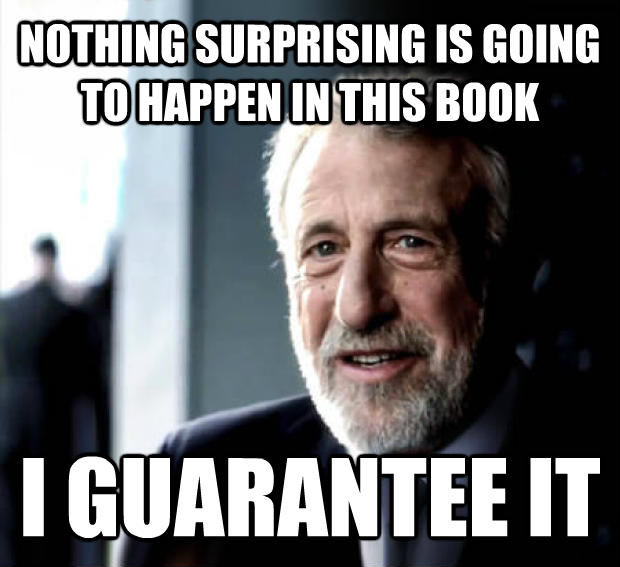Round-Down: Why the Gay Fable KING & KING Matters
At The New York Times, Associate Press writer Michael Biesecker discusses North Carolina third-grade teacher Omar Currie’s decision to read a gay fable called King & King to his class at Efland-Cheeks Elementary in Efland, North Carolina. Currie was compelled to read the story, written by Linda de Haan and Stern Nijland, aloud after one of his students was called “gay” during gym class. Currie, a black gay man who grew up in a small town, knew firsthand what it was like to be bullied, according to Biesecker.
Currie was loaned the book by assistant principal Meg Goodhand, and it took only hours for the complaint calls to come in to the school after Currie read the fable to his class. Both Currie and Goodhand have resigned since the ordeal over the appropriateness of the book in the classroom began.
Biesecker makes a point to mention that the fable “has been a subject of controversy before. In 2006, the parents of a Massachusetts second-grader sued after the book was read in their child’s class. A federal judge later ruled against them, saying the rights of parents to exercise their religious and moral beliefs are not violated when children are exposed to differing ideas in public school.”
We apparently, shamefully, need it to be spelled out: If we are regulating our reading by choosing only what comforts us or merely reaffirms our beliefs–if we are reading to not see something, to teach others not to see something, there seems to me to be the question of whether we are truly reading at all. There also seems a simply obvious answer to this question: We are not.
When we expose children to stories about people who are unlike them, we are fundamentally challenging them to practice empathy. In the case of King & King, we are asking that students learn to refuse to categorize the term “gay” as a slur and instead understand it as an ineluctable thing that does not in any way comment on a person’s worth, ability, or status.
If we take issue with this, with Currie’s decision to read the story to his class, we reveal ourselves as people who do not sufficiently practice empathy, who are bankrupt of both the experience of and interest in learning outside ourselves. We are also essentially blocking the act of empathy from extending to our children.



